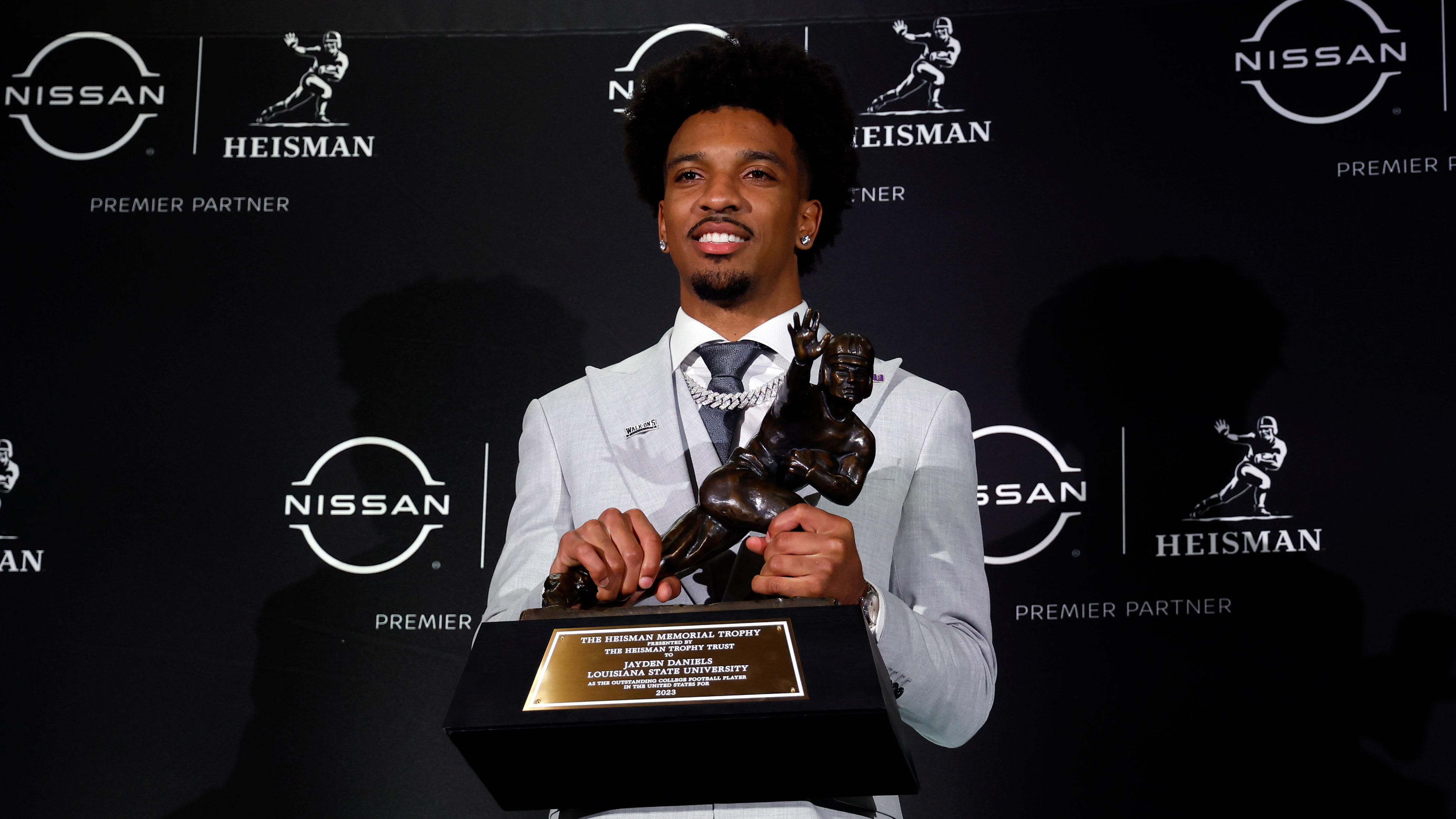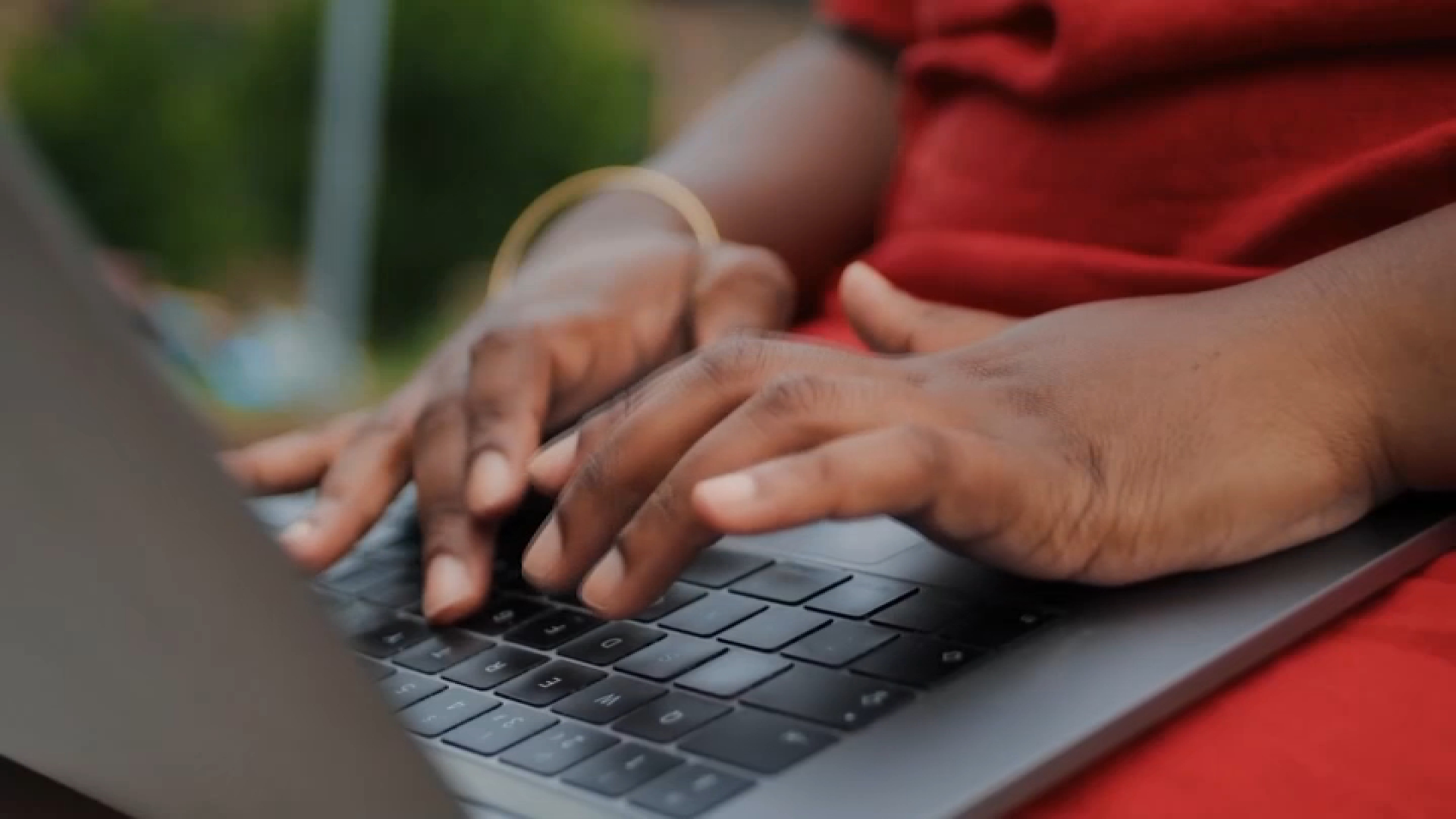For months now, parents and kids across the country have been getting ready to go back to school, but for Pamela Uqdah, there’s always a different concern: Will her daughter’s school be ready for her?
Uqdah’s 17-year-old daughter, Aminah, is among thousands of children who receive special education services in the District. Born with trisomy 13, a rare genetic disorder that most babies don’t survive, Aminah has several physical and developmental challenges that require her to receive in-home instruction and a litany of services.
Aminah’s virtual schooling began on time this year, but Uqdah said that’s rarely been the case.For years, she said, her family has had to fight to have those services approved and in place at home by the first day of school.
“Every year, school would start in August, and Aminah's teachers would not show up until maybe October, November, December,” she said. “It just got to a point where it's like, so this is what special ed is with DCPS. We have to keep fighting.”
We're making it easier for you to find stories that matter with our new newsletter — The 4Front. Sign up here and get news that is important for you to your inbox.
She’s one of many parents who have shared with the News4 I-Team challenges they said they’ve faced in getting adequate special education services for their children in the District.
Federal law requires a “free” and “appropriate” education for children with disabilities and for most schools to work with parents to develop individualized education programs for qualifying children.The trouble is when the parties disagree on what services a child needs and how to provide them -- disputes that parents like Uqdah, special education advocates and attorneys tell the I-Team occur more frequently in D.C. than most other places.
“If you live in the District of Columbia and you have a child with special needs, most likely you're going to have a fight on your hands at some point during their child's education,”said Brian Gruber, an attorney who helps parents navigate the bureaucracy.
Local
Washington, D.C., Maryland and Virginia local news, events and information
A 2020 report by the Center for Appropriate Dispute Resolution in Special Education found those disputes are far more common in D.C. than anywhere else in the country, with parties collectively filing formal dispute resolution measures at a rate of 279 times per 10,000 kids, as of the 2018-2019 school year.
Though the same organization found improvement in the District’s dispute rate in recent years, it’s still nearly four times higher than Maryland and 15 times more than Virginia, which have an “activity” rate of 74.1 and 18.8 per 10,000 kids, respectively.
Those dispute resolution measures, which are spelled out by The Individuals with Disabilities Education Act, include mediation requests; filing what’s called a state complaint, which is essentially a formal complaint to an official state agency; or filing a due process complaint, which can trigger a court-like hearing before a third party. Parties can also appeal a decision to federal court.
“There is most definitely an overreliance on either the administrative due process hearing or the ultimate appeal of that due process hearing decision within the District,” said Gruber, who also practices in Maryland.
The I-Team submitted multiple requests for comment to DCPS and the Deputy Mayor for Education’s Office prior to the publication of this report, but received no response.
DCPS later issued the following statement:
“DC Public Schools' goal is to provide high quality instruction and special education services to students with disabilities to create a joyful, supportive, and inclusive learning environment for all. We are committed to providing individualized support for students and their families to advance their overall progress in our schools and prepare them for life-long success.”
Gruber, the attorney, said parents and schools are most often clashing over getting a child assessed for services, what those services entail and whether they will be provided in a public school or private setting -- disputes that many times lead parents to hire costly attorneys to fight on their behalf.
Cheryl Anne Boyce said she eventually hired Gruber’s firm after battling the District to get her daughter placed in a special school to help with her dyslexia. But even after she won her case in a due process hearing last year -- a decision that forced DCPS to repay her for the cost of educating her daughter in a private school -- she said DCPS is challenging her request for this year, too.
“I just really didn't believe it was going to be this long and hard,” she said, adding, “It's a very complicated process and it's not a very parent-friendly process.”
The District had previously faced federal court oversight and sweeping, years-long legal challenges to its handling of special education cases. A pair of high-profile class action lawsuits filed in the late 1990s alleged systemic deficiencies in the ability of DCPS to handle and implement agreements for education services for its students.
Records obtained by the News4 I-Team from the D.C. Office of the Attorney General reveal dozens of the disputes between families and D.C. schools have led to civil lawsuits, with nearly $4 million in legal settlements paid by D.C. taxpayers since 2014. But that figure does not include any reimbursements or other costs the District has paid out to families outside of civil litigation.
Rochanda Hiligh-Thomas, who runs the Advocates for Justice and Education, said there are several factors contributing to these disputes: not enough communication with parents about navigating the special ed process, disagreements on whether a child should receive an evaluation for these services, a shortage of special education teachers available to provide them and lack of customer service.
“There has to be some trust building and some basic customer service to help families to say, I really have your child's best interests at heart. I have your back,” she said.
The Office of the State Superintendent of Education, which oversees how well schools accommodate students with special needs, issued a statement to News4 that said, in part, “Improving outcomes for students with disabilities is a top priority for OSSE” and that it’s working to support schools “in better serving our students with disabilities.”
In 2019, OSSE published an extensive review of special education services in the District, finding testing scores for students with disabilities in D.C. lag far behind national averages. That study is now helping reshape its mission to improve how D.C. serves students with special needs.
A spokesperson for OSSE said it’s just released a new online “special education resource hub” for parents of students with disabilities; is developing a special education resource center -- set to open next year -- where parents can get hands-on help navigating the process; and is giving teachers new training opportunities on working with students with special needs.
The Uqdahs said many parents are simply overwhelmed when it comes to the process and paperwork involved in securing special education services for their child -- something they both described as akin to a full-time job.
Over the course of Aminah’s education, they’ve filed 11 state complaints and five due process complaints over the repeated annual delays in providing her schooling on time.
After exhausting their options, they filed a federal disability discrimination lawsuit against the District and DCPS in June, alleging the years of delayed school starts amounted to discrimination as children without disabilities received schooling on time. That case is still pending.
A spokesman for DCPS noted it does not comment on pending litigation.
“Our hope is this lawsuit will put an end to this,” said Taalib-Din Uqdah, Aminah’s father.
This year, the Uqdahs noted, Aminah’s virtual school began on time only after their attorney got involved to resolve paperwork issues.
“We really don’t want to fight,” Pamela Uqdah said. “We just want our children to get what they need in order to develop.”
Reported by Scott MacFarlane, produced by Katie Leslie, and shot and edited by Jeff Piper and Steve Jones.



